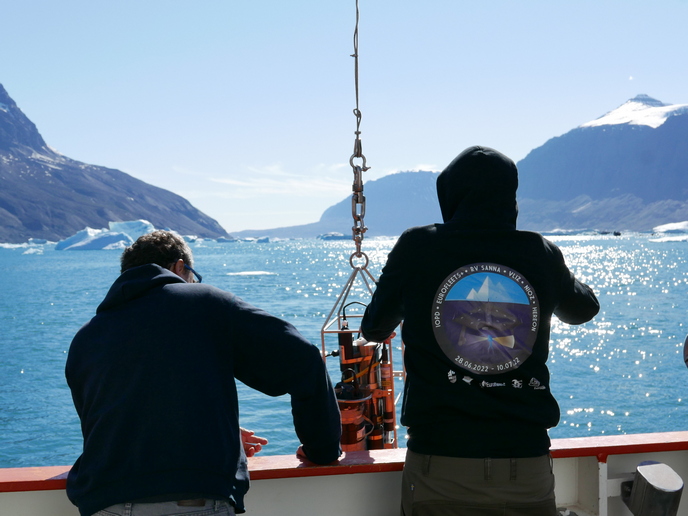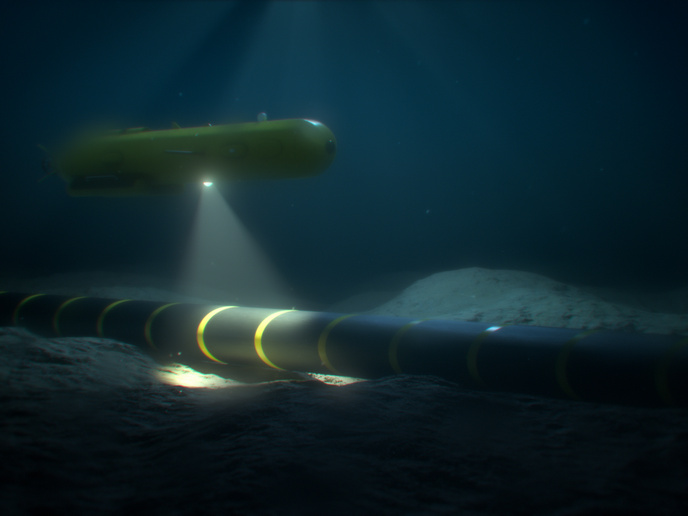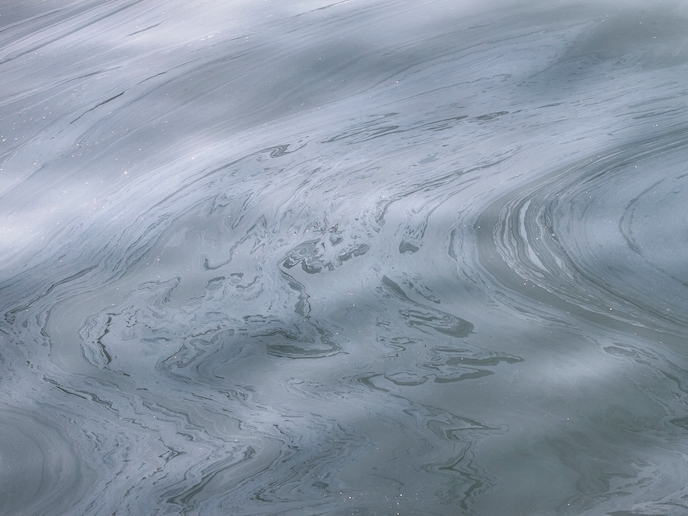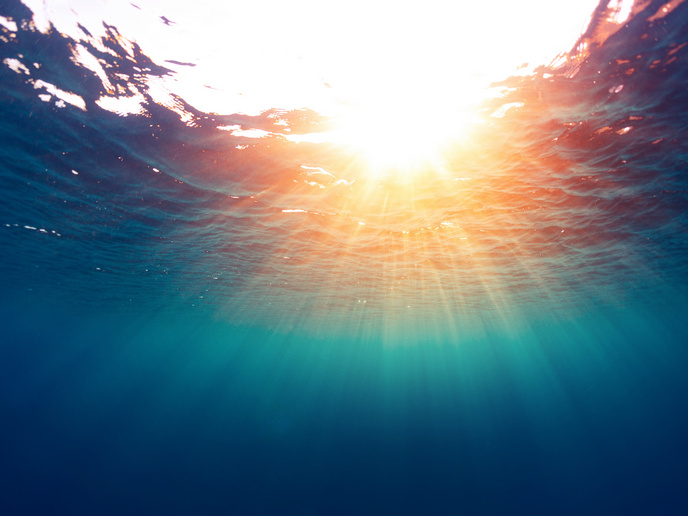Specialised fleet is cornerstone for ocean observation
Oceans play a key role in climate change, and monitoring these environments is critical. The EU-funded project EurofleetsPlus widens scientific understanding by providing essential infrastructure. Building on earlier work, the project has advanced the interoperability of vessels and added remotely operated vehicles (ROVs) and autonomous underwater vehicles (AUVs) to the fleet.
Knowledge gained from research cruises
A principle aim of the project, accounting for almost 50 % of funding, are cruises supported through transnational access calls. Project coordinator Aodhán Fitzgerald states that: “Of the 68 applications received, the project provided 268 funded ship days, over 28 scientific campaigns involving 315 embarked participants, and included 144 early career scientists.” Notable for its breadth and depth, the project maintains a focus on healthy ocean environments. Many of the studies deal directly with mapping poorly understood areas. These include: The Mid-Atlantic Ridge, the eastern Alboran Sea, the Western Mediterranean Transition, and the Ceuta Canyon. The project has also been instrumental in supporting education and early career scientists. A series of six training initiatives introduces students to scientific instrumentation, data analysis, and the collection and processing of specimens. Seven lab courses train the next generation of marine scientists in using the equipment on the research vessels. Overall, the project has hosted 14 Individual courses, 19 different Nationalities and 102 participants.
Data management coordination through EVIOR
To fulfil its role as Europe’s key infrastructure for marine studies, EurofleetsPlus provides for open access to data. Project partners, led by the Dutch company MARIS, ensure the full capture and publication of crucial data related to the cruises. The European Virtual Infrastructure in Ocean Research EVIOR portal is the publication platform for all data related to the vessels and the cruises. The level of disclosure, transparency and accessibility of the content on EVIOR reflect the concepts of FAIR data. Information from the cruises is quite detailed. Vessels are equipped with Eurofleets Automatic Reporting System (EARS). This allows for the automatic collection and transfer of data during the cruise via fixed onboard sensors. EARS also allows for the capture of data from ROVs, AUVs and floats.
Collaboration is key to developing Interoperability
According to Fitzgerald: “EurofleetsPlus has successfully demonstrated that interoperability is not only possible but can be implemented in a cost-effective and efficient manner, delivering added value not only to users but across the European research vessel fleet.” Key implementation strategies include upskilling, training and education opportunities delivered through technical exchange and hands-on learning. Vessel operators, in conjunction with large exchangeable instrumentation (LEXI), enable interoperability of vessels and equipment in transnational access calls. Industry participation and innovation are central to realising the EurofleetsPlus focus on technological evolution, pooling knowledge and skills from a range of experts. Industry-led innovation impacts hardware as well. While LEXI provides standardisation of mechanisms, collaboration has also yielded improved tools. EurofleetsPlus has overseen a new deep-sea winch design, a dual mode system for launching and retrieving overboard equipment and a multipurpose crane used for deep sea expeditions. The work of EurofleetsPlus will surely achieve that most coveted goal of research proposals – to have an influence that outlives the duration of the project. From novel technological solutions to open access data to the advancement of the next generation of ocean scientists, EurofleetsPlus has accomplished what it intended to do: it has created key infrastructure for European ocean observation. Learn more about EurofleetsPlus transnational access activity here.
Keywords
EurofleetsPlus, EVIOR, LEXI, interoperability, ocean observation, research vessels, remotely operated vehicles, autonomous underwater vehicles







